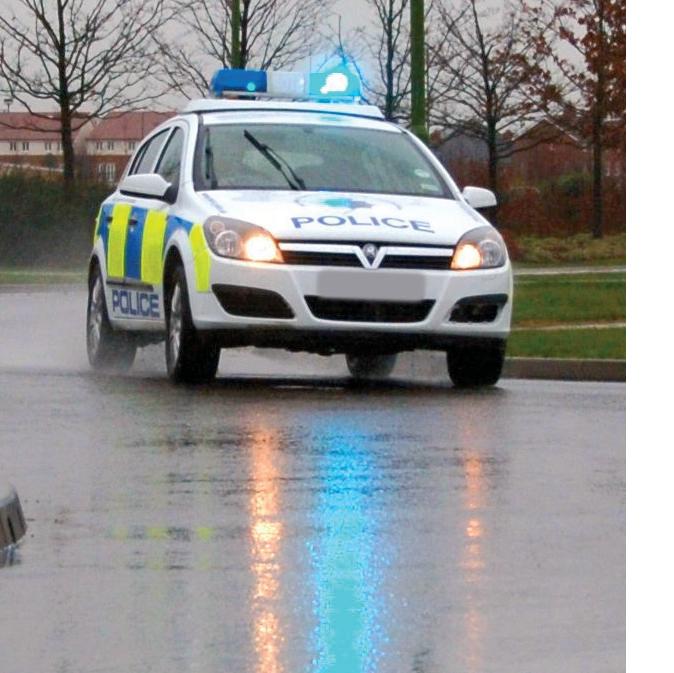- Achieved the aims set out in the Commissioner’s Police and Crime Plan and annual report;
- Considered the priorities of community safety partners; and
- Consulted appropriately with the public and victims.
Reviewing and making a report with recommendations on the draft Police and Crime Plan (or a variation of it) which the Commissioner must take account of and respond to;
Reviewing and making a report on the Commissioner’s annual report, which will outline performance against the targets set in the Police and Crime Plan;
Holding confirmation hearings for the proposed appointment of important staff working for the Commissioner, such as the Chief Executive, Chief Financial Officer and Deputy Police and Crime Commissioner (if one is appointed). The Panel cannot refuse appointments but can make recommendations to the Commissioner;
Monitoring relevant non-criminal complaints against the Commissioner;
The consideration of the Commissioner’s proposed precept level (the money collected from council tax for policing). The Panel has the power to make a report on and, if appropriate and agreed by a sufficient majority, veto the proposed precept level. The Panel can also recommend that the precept should be higher or lower than proposed;
Requesting the Commissioner and the Commissioner’s staff to attend Panel meetings to answer questions;
Scrutinising the decisions of the Commissioner; and
Making reports and recommendations on any action or decision of the Commissioner.
How the Panel will hold the Commissioner to account

 Hertfordshire Police and Crime Panel
Hertfordshire Police and Crime Panel